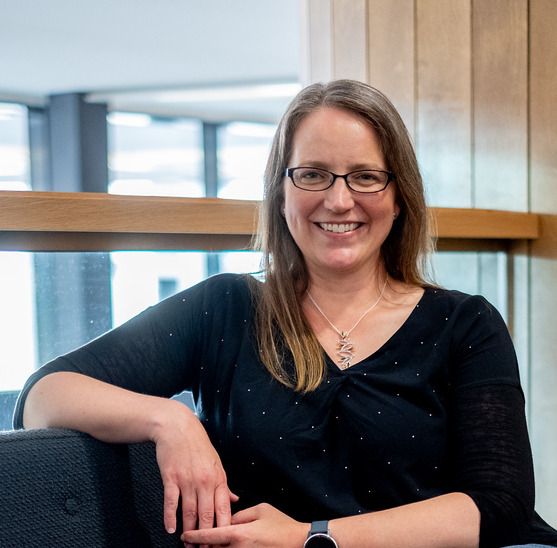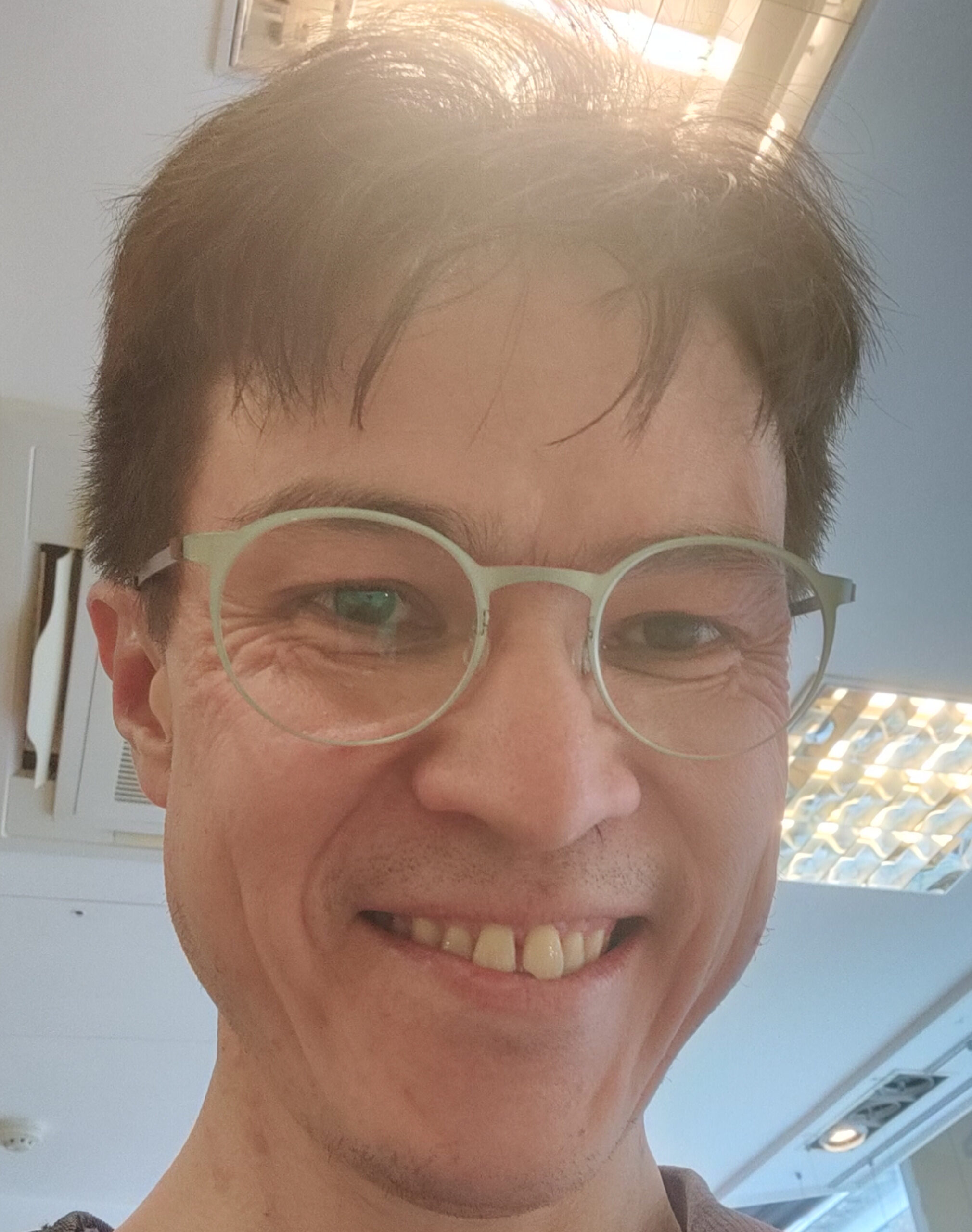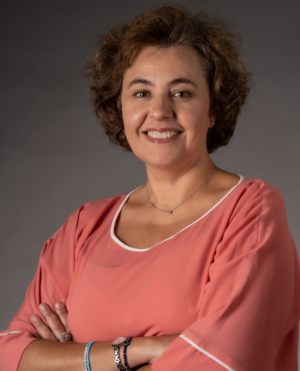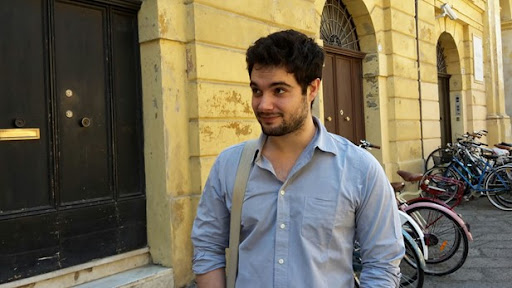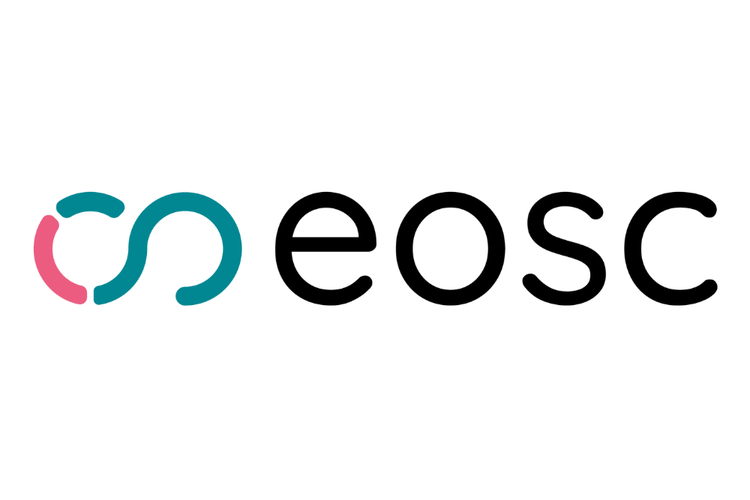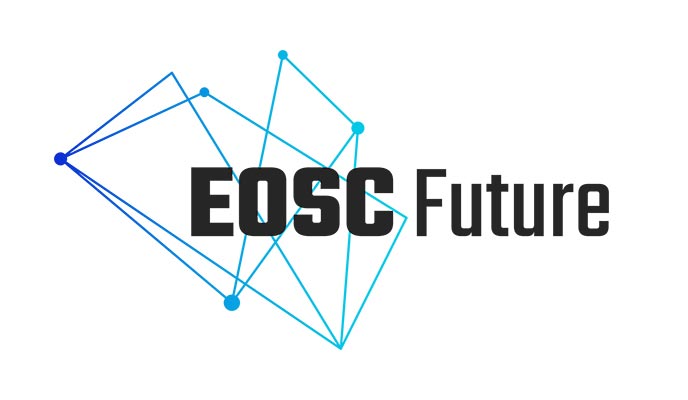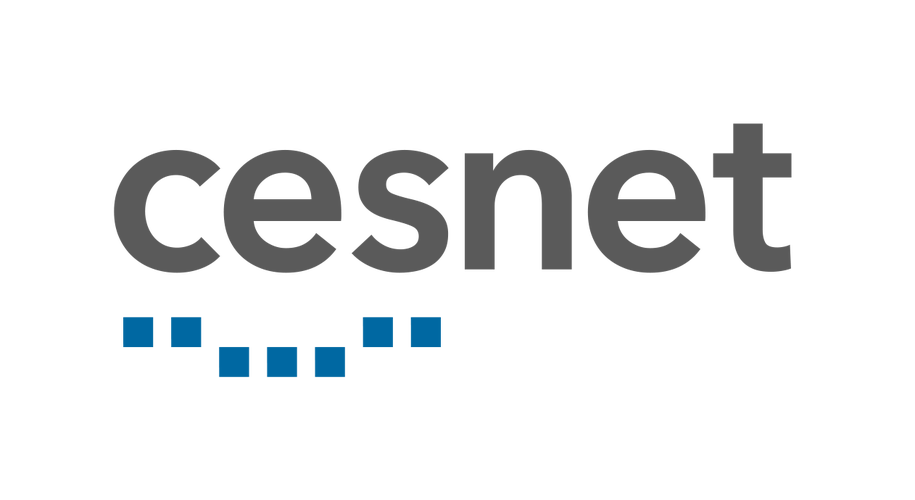FAIR enabling practices – Part A
About the session
This session is divided into multiple 8 minute talks about the topic of FAIR enabling practices. You can find more info about the talks, speakers and relevance for the EOSC below.
Here you can find the presentations of this session
Agenda
| Time | Topic | Speaker |
| 14:30 – 14:35 | Welcome | Sarah Jones (EOSC Engagement Manager, GÉANT) |
| 14:35 – 14:43 | Talk #1 Making Data Policies FAIR – Presentation | Allyson Lister (ELIXIR-UK and FAIRsharing, University of Oxford) |
| 14:43 – 14:51 | Talk #2 Data sharing and FAIR principles at COST Actions – Presentation | Bart Veys (COST) |
| 14:51 – 14:59 | Talk #3 WorkflowHub: a FAIR computational workflow registry – Presentation | Justin Clark-Casey (ELIXIR Europe, EMBL-EBI and other authors Carole Goble, Finn Bacall (ELIXIR UK), Frederik Coppens (ELIXIR Belgium), the WorkflowHub Club community) |
| 14:59 – 15:07 | Talk #4 RoLECT (Rules of Participation Legal and Ethics Compliance Tool) – Presentation | Eleni Toli (Athena RC) |
| 15:07 – 15:15 | Talk #5 DMPs and ARGOS – Presentation | Elli Papadopoulou (ATHENA Research Center / OpenAIRE) |
| 15:15 – 15:23 | Talk #6 Research data support at Recherche Data Gouv – Presentation | Dimitri Szabo (INRAE) |
| 15:23 – 15:31 | Talk #7 Common metadata overlay for EOSC repositories – Presentation | Justin Clark-Casey (ELIXIR Europe, EMBL-EBI and RO-Crate Community) |
| 15:31 – 15:39 | Talk #8 Engaging stakeholder communities in Skills4EOSC and FAIR-IMPACT – Presentation | Loek Brinkman (DANS) |
| 15:39 – 15:47 | Talk #9 Tackling Research Data Management challenges with FAIRness – Presentation | Mario Marino (Research Services Coordination Unit Research Services Division (ARIC), Alma Mater Studiorum – Università di Bologna (ITALY)) |
About the talks and relevance to the EOSC
Talk #1 – Building on the FAIR Data Policy Checklist, FAIRsFAIR developed a structured policy description template to enable policy makers create and share structured descriptions of their data policies. In a collaboration with FAIRsharing, relevant checklist fields will be available within FAIRsharing policy records. We report on this FAIR data policy workflow from FAIR Data Policy Checklist through to submission of an accompanying FAIRsharing policy record. This process helps create FAIR-compliant data policy descriptions, as FAIR metadata will be accessible to both humans (through policy publication and the creation of the FAIRsharing record) and machines (through the FAIRsharing API). The result will be data policies that are more findable, accessible and re-usable by those monitoring the policy landscape.
FAIRsFAIR produced several resources to support the development of policies that are aligned with the FAIR principles and to support the ongoing assessment of the policy landscape as outlined in the EOSC Strategic Research and Innovation Agenda. The collaboration with FAIRsharing allows for a workflow from structured versions of data policies to human- and machine-actionable policy metadata. The creation of policies that enable FAIR data is important irrespective of your research domain, and is highly relevant to EOSC members.
Talk #2 – The FAIR principles are the heart of the policies of the European Cooperation in Science & Technology (COST). On a yearly basis, over 45.000 researchers and innovators participate in more than 300 COST Action networks. These networks – which on average include more than 30 countries – have shown innovative ways in how they collect, manage, use, and visualize data. Given the often interdisciplinary nature of COST Actions, data-sets range from widely different backgrounds with data related to domains as diverse as mobility, space, vegetation, migration, archaeology and genomics, among others. COST Actions do adhere strongly to the FAIR principles, making these networks the ideal testbed for new methods of data sharing and management, which can inspire other EU funded programmes and policies.
The European Cooperation in Science & Technology (COST), as being a part of Horizon Europe, has developed simple and low-barrier processes for universal access to networks of excellence, providing new participants with a highly rewarding start-up package in the R&I world. At the cornerstone of the activities are the “principles of openness”, which promote Open Science, including through Open Access, of the outputs of COST research activities. This talk is relevant for EOSC, as numerous participants of the conference will get familiar with COST, its funding opportunities and its policies regarding Open Science, Open Access and its FAIR enabling practices.
Talk #3 – Computational workflows are widely used in scientific analysis for scalable transparent and reproducible data processing pipelines and analytics across many disciplines and prevalent in ESFRIs and EOSC. Multiple open workflow management systems are available to researchers, each with their own siloed communities and ESFRIs. Enabling them to be FAIR is essential for researcher productivity, knowledge sharing, trust in publications and the democratisation of analysis. The WorkflowHub registry (https://workflowhub.eu), developed by the EOSC-Life Cluster but discipline and platform agnostic, enables researchers and developers so all can benefit from workflow discovery and reuse within and between disciplines and ESFRIs. This talk introduces the WorkflowHub and its many features.
The WorkflowHub is registered in the EOSC Service catalogue, included by many EOSC/ESFRI projects in their work programmes and available to all EOSC and ESFRI communities. Computational workflows are widely used in scientific analysis across many disciplines and prevalent in ESFRIs and EOSC, each with their own siloed communities and ESFRIs. The WorkflowHub was developed by EOSC-Life Cluster and is used by many EOSC/ESFRIs projects, including EOSC4Cancer, BioDT, DISSCo, IBISBA, EuroScienceGateway, BY-COVID and so on.
Talk #4 – RoLECT (Rules of Participation Legal and Ethics Compliance Tool) is a self-assessment tool developed by the ATHENA RC team as part of the NI4OS-Europe project (https://ni4os.eu/). RoLECT helps in getting familiar with the requirements of EOSC Rules of Participation and specifies compliance criteria relating to legal and ethics aspects. The tool can be easily used by non-legal experts, as it guides through the process transforming the high-level requirements into concrete questions. RoLECT provides a holistic approach on legal aspects that may affect the free circulation of data within the EOSC ecosystem. By checking this assessment tool prior to the onboarding process, prospective resource providers can save time and complete the onboarding process efficiently.
This talk will present a tool that is from its beginning perceived as a solution that supports EOSC. The application of the tool has an impact almost exclusively within the EOSC context. It has been designed and implemented as a tool that specifies those requirements provided for in the EOSC RoP and helps verifying adherence to the legal and ethics parts of RoP. RoLECT is, thus, linked directly with the EOSC ecosystem and activities. It is addressed exclusively to EOSC resource providers and helps enrich the EOSC ecosystem with new resources, as it encourages resource providers to overcome legal and ethics barriers.
Talk #5 – The need to move away from producing plain text Data Management Plans (DMPs) has already been expressed in EOSC fora, and the community advocates towards more fitted solutions supported by machine actionable applications. This talk focuses on DMPs and ARGOS (argos.openaire.eu) to communicate how the service enables machine actionability and FAIRness of its DMP outputs while highlighting why this is important and needed in the current Research Data Management (RDM) landscape and the EOSC ecosystem. Finally, it shares information about new features that incentivise researchers’ RDM practices along with ways that ARGOS engages its users in EOSC.
ARGOS is a service that produces and publishes machine actionable and FAIR DMPs. ARGOS is provided by OpenAIRE and is, additionally, offered as an EOSC Resource. Because of that, the ARGOS team constantly works to align with EOSC practices and support its vision pointing to a “Web of FAIR data and services”. In the open and FAIR ecosystem that EOSC realises in Europe, ARGOS enables FAIRness of DMP outputs and their contextualisation by the OpenAIRE Research Graph, which eventually leads to better decision and policy making.
Talk #6 – Access to and reuse of research data is not only technical matter and making tools and services available is insufficient. Data producers and users need to be trained and supported to understand the issues and good practices of research data management and sharing. With this in mind, recherche.data.gouv.fr, driven and supported by the French government, proposes an integrative approach to data management and sharing, with tools, services and support for communities. Recherche.data.gouv.fr is co-constructed with the communities to facilitate its adoption. The multidisciplinary repository of recherche.data.gouv.fr is intended to relay on EOSC infrastructures and to connect with existing thematic repositories and thus, contribute to EOSC’s vision of federated and distributed e-infrastructure and Web of FAIR Data.
Recherche Data Gouv and its multidisciplinary repository are intended to connect with the ecosystem of EOSC and thus, contribute to EOSC’s vision of federated and distributed e-infrastructure and Web of FAIR Data. It seems important to us to present this initiative to the EOSC community and discuss the opportunities it offers.
Talk #7 – EOSC strongly emphasises FAIR and interoperability, but current guidelines leave too many choices to each repository developer, which means lack of interoperability and little shared tooling. RO-Crate makes a common metadata overlay across established EOSC repositories and provides pragmatic step-by-step guidelines and software libraries for implementers. RO-Crate is a community-developed method to share Research Objects with FAIR metadata, based on Web standards and best practices. RO-Crate is now being established as a viable Linked Data realisation of FAIR Digital Objects, highlighted by the EOSC Interoperability Framework. In this talk we demonstrate how RO-Crate is used by multiple EU, US and Australian projects, across research domains from life sciences to cultural heritage.
Large research infrastructures in ESFRI, e.g. ELIXIR, BBMRI-ERIC, CLARIN-ERIC, SSHOC, ENVRI-FAIR are participating in EOSC projects such as EOSC-Life, CS3MESH4EOSC, RELIANCE and BY-COVID where they are adapting RO-Crate as a mechanism for archiving and distributing rich data packages. EOSC participants who have heard about FAIR, but are not quite sure where to start, will learn how the general approach of RO-Crate, with simplicity in the driving seat, lets them jump-start into publishing and consuming FAIR content and be interoperable with other EOSC services.
Talk #8 – The vision of the European Open Science Cloud is one where Open Science is the norm and FAIR data are produced by design and available for reuse. This vision depends upon having access to appropriate and sustainable technical infrastructure and standards but, more crucially, on the uptake of FAIR-enabling practices by a wide range of stakeholders who are supported over the entire research lifecycle by a skilled community of professional data stewards. This short talk will provide an overview of the newly launched FAIR-IMPACT and Skills4EOSC projects and show how each will work to foster two-way engagement with different stakeholder communities to build capacity and to support the adoption of Open Science and FAIR-enabling practices.
Without a community of active, engaged and skilled contributors, service providers and end users, the EOSC vision will not be realised. Two-way engagement lies at the heart of both FAIR-IMPACT and Skills4EOSC projects. As both projects are in their earliest phase of activity, the Symposium provides an ideal opportunity for us to strengthen existing connections and to reach out to new stakeholders to ensure that they are aware of the projects’ activities and how they can become involved. More importantly, the session will ensure that participants are aware of how they can help shape our work.
Talk #9 – The new Horizon Europe framework program emphasizes the rising need for an integrated approach to Research Data Management, simultaneously engaging a variety of stakeholders, services and tools. Researchers often face the same stumbling blocks. To support them, we have developed a Research Data Management Decisional Tree ( https://doi.org/10.5281/zenodo.7190005) starting from the fundamental bricks of the data lifecycle and posing a series of questions to help researchers navigate: the domain specific nature and origin of the data they are handling; Privacy/Ethics requirements; Intellectual Property Rights; active data storage; long-term deposit and preservation.
Research and Research Data Management communities broadly acknowledge that data need to be Findable, Accessible, Interoperable and Reusable (FAIR). Understanding how FAIR principles can guide and be beneficial to researchers’ activity is not trivial, and tailoring support to the researchers’ necessities can boost their interest in the available infrastructures for FAIR Research Data Management, including EOSC.
(RE)WATCH
Do you want to (re)watch the session? Take a look below.
If you want to (re)live the full Symposium? Take a look at the EOSC Portal youtube channel.
